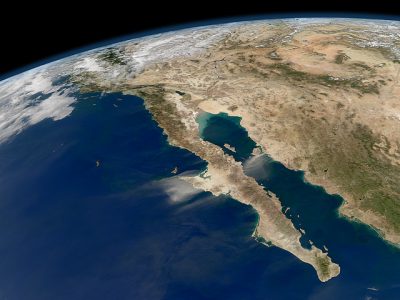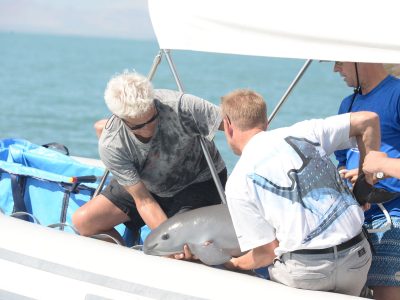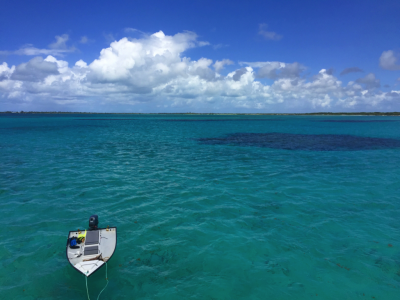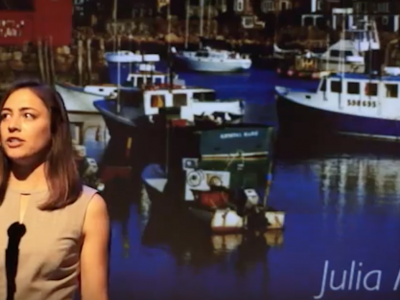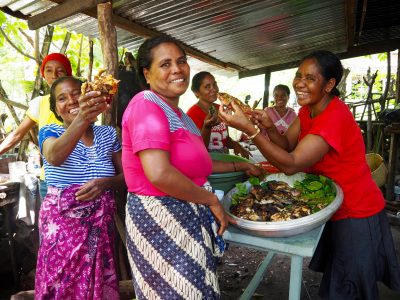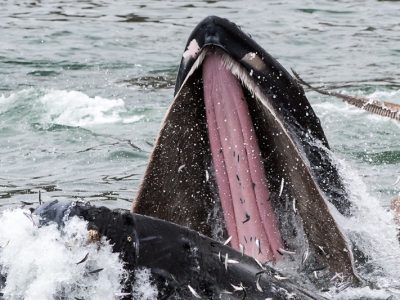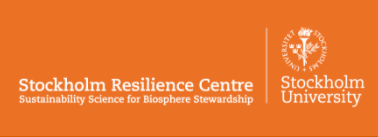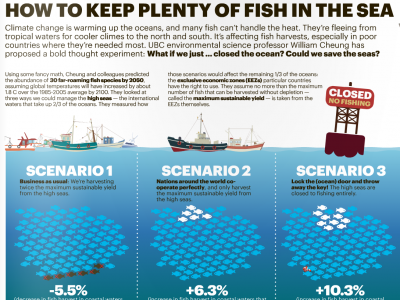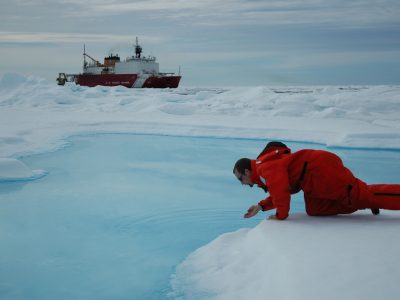Finding a recipe for scientific innovation: Out-of-the-box thinking is crucial for studying the oceans
By Robert Blasiak, Nereus Program Fellow at Stockholm Resilience Centre
Fachidiot! This wonderfully direct word from the German language describes a person who knows their subject (Fach), and nothing else. It was on my mind recently as I read articles in a new special issue of the journal Ecology & Society on “Reconciling Art and Science for Sustainability”. The issue is filled with contributions from scientists and artists who have in some sense travelled into unknown and unfamiliar territory, and discovered along the way that this was feeding innovation and adding value to their work.



